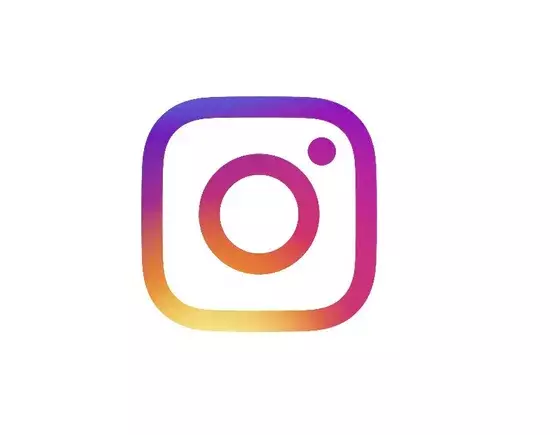In the rapidly evolving landscape of social media, misconceptions often proliferate among users. One such myth revolves around the treatment of sponsored content on Instagram. Adam Mosseri, the head of Instagram, has taken a proactive stance in addressing these rumors through a series of informative posts. In his latest update, Mosseri specifically refuted the claim that Instagram systematically downranks posts marked as sponsored to incentivize brands to pay for increased visibility. This myth not only misrepresents Instagram’s intentions but also creates a cloud of suspicion around its algorithms.
Mosseri clarified that the platform does not penalize sponsored posts, stating that understanding which posts are sponsored helps Instagram maintain transparency. Crucially, he emphasized the need for creators to be able to label their content correctly, without fear that doing so would lessen their engagement. This reassurance is particularly important for compliance with advertising regulations worldwide.
Despite Mosseri’s reassurances, some users continue to argue that sponsored posts receive less engagement. This perspective suggests that the presence of a “Sponsored” label may prompt users to scroll past these posts, thus naturally leading to diminished reach. In this light, the perceived “penalty” associated with sponsored content might stem more from user behavior than from any intentional maneuver by Instagram. Users might inherently gravitate towards organic content, leading to a decline in interaction with sponsored materials.
This phenomenon serves as a reminder of the evolving relationship between consumers and advertisements on social media platforms. As users become savvier, they may filter out promotional content subconsciously, impacting engagement metrics even without algorithmic interference. Thus, the narrative of Instagram penalizing sponsored posts might need reevaluation, as engagement levels could reflect broader trends in user behavior rather than specific platform strategies.
Adam Mosseri’s efforts to debunk popular myths represent a step towards transparency in a firm where previous operations have raised concerns. Meta, the parent company of Instagram, has faced scrutiny over its treatment of business users, leading many to harbor skepticism regarding its practices. Consequently, even with Mosseri’s attempts to clarify, a portion of the user base may remain distrustful. The skepticism is rooted in past experiences where businesses felt neglected or exploited by the platform, creating a cultural hesitance around any reassurances from its leadership.
Nevertheless, for users willing to engage with the provided explanations, Mosseri’s insights could translate into greater clarity. Helping creators understand that their sponsored content will not be penalized may ultimately foster a healthier relationship between brands and their audiences. Increased trust may cultivate more authentic interactions on the platform, benefiting both creators and the overall Instagram ecosystem in the long run.
In the face of evolving challenges, Instagram continues to adapt its strategies. For content creators, the key lesson from Mosseri’s statements is to prioritize transparency in their sponsored posts. To comply with advertising regulations while ensuring that they reach their target audience effectively, creators should feel empowered to mark their posts as sponsored without fear.
As users become more educated and skeptical, platforms like Instagram must strive to maintain open communication and trust. By doing so, they can work towards alleviating misunderstandings and facilitating a more engaged community of users and creators alike. Ultimately, understanding the dynamics of social media metrics and user interaction is essential for successful content creation in this digital age.

